RILE Fall Research & Training Conference on Ethnic Studies 2024
Exploring Ethnic Studies: A Collaboration Research & Training Event for Everyone
The annual conference on Race, Inequality, and Language in Education, in collaboration with the Khepera Curriculum Group and the Stanford Learning Accelerator, present a four-day conference exploring ethnic studies to unite teachers, educators, and administrators from across California to delve into key concepts surrounding California's new ethnic studies initiative. Topics include:
(1) What does contemporary research teach us about the impact of ethnic studies curricula on every student?
(2) How do expert ethnic studies teachers design and implement their curricula?
(3) How can educators support each other in learning to design and teach ethnic studies curricula?
Our 2024 conference will take place from Thursday, October 8th to Sat, October 11th.
Conference Program
Weds, October 9th: The History and Best Practices in Ethnic Studies (online Webinar)
Thursday, October 10th: Professional Development & Training w/ Khepera Curriculum Group
Friday, October 11th: Professional Development & Training w. Khepera Curriculum Group
Tuesday, October 8th, 3:00pm - 4:00pm PT (Online Webinar)
What does research suggest about the California mandate on ethnic studies? The possibilities and challenges
Register Here
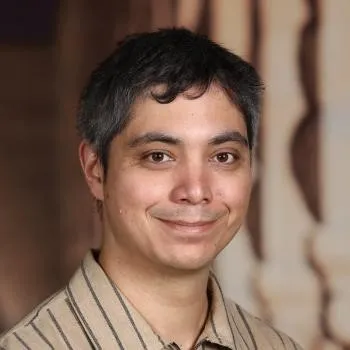
Dr. Antero Garcia is an Associate Professor in the Graduate School of Education at Stanford University and Vice President of the National Council of Teachers of English. His research explores the possibilities of speculative imagination and healing in educational research.
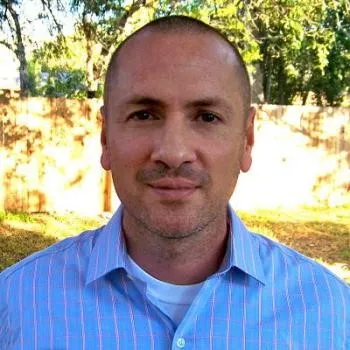
Dr. Ramon Martinez is an associate professor in the Graduate School of Education and the Center for Comparative Studies in Race and Ethnicity at Stanford University. His research explores the intersections of language, race, and ideology in K-12 public schools, with a particular focus on literacy learning among multilingual children and youth, and the preparation of teachers to work in multilingual settings.
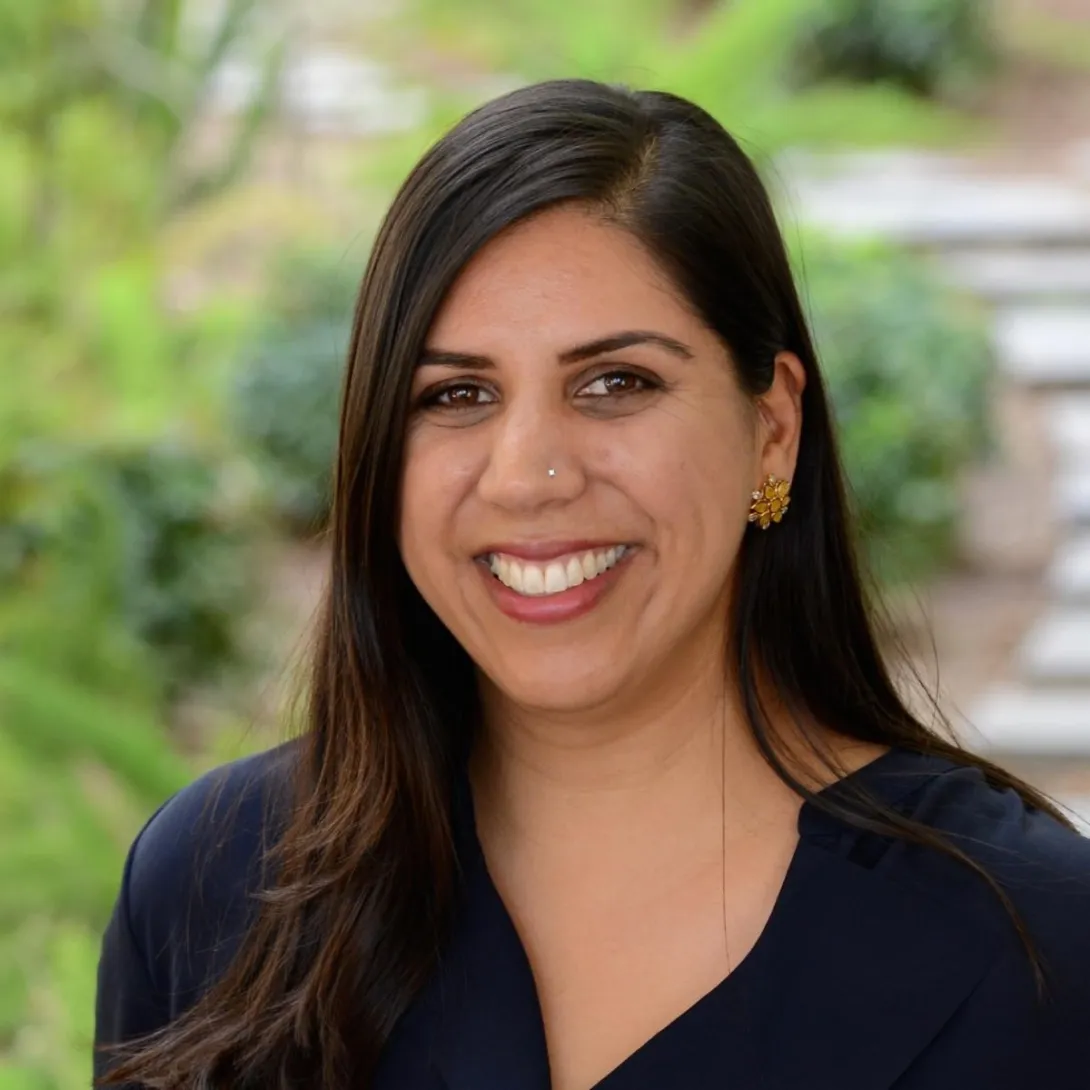
Rita Kohli is an Associate Professor of Teaching and Teacher Education in the Education, Society, and Culture Program of the School of Education, and serves as Cooperating Faculty in the Ethnic Studies Department at the University of California, Riverside (UCR). A former Oakland Unified School District teacher, she is also the co-founder and co-director of the Institute for Teachers of Color Committed to Racial Justice (ITOC), and currently serves as the coordinator for UCR Teacher Education Program's K-12 Ethnic Studies Pathway.
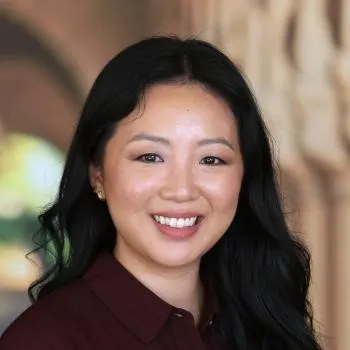
Dr. Park is an Assistant Professor at the Graduate School of Education at Stanford University. Dr. Park draws upon critical theories of racialization, Asian American Studies, and community engaged research to examine how Asian American families negotiate with race in and through educational institutions.
Weds, October 9th, 3:00pm - 4:00pm PT (Online Webinar)
The History and Best Practices in Ethnic Studies
Register Here
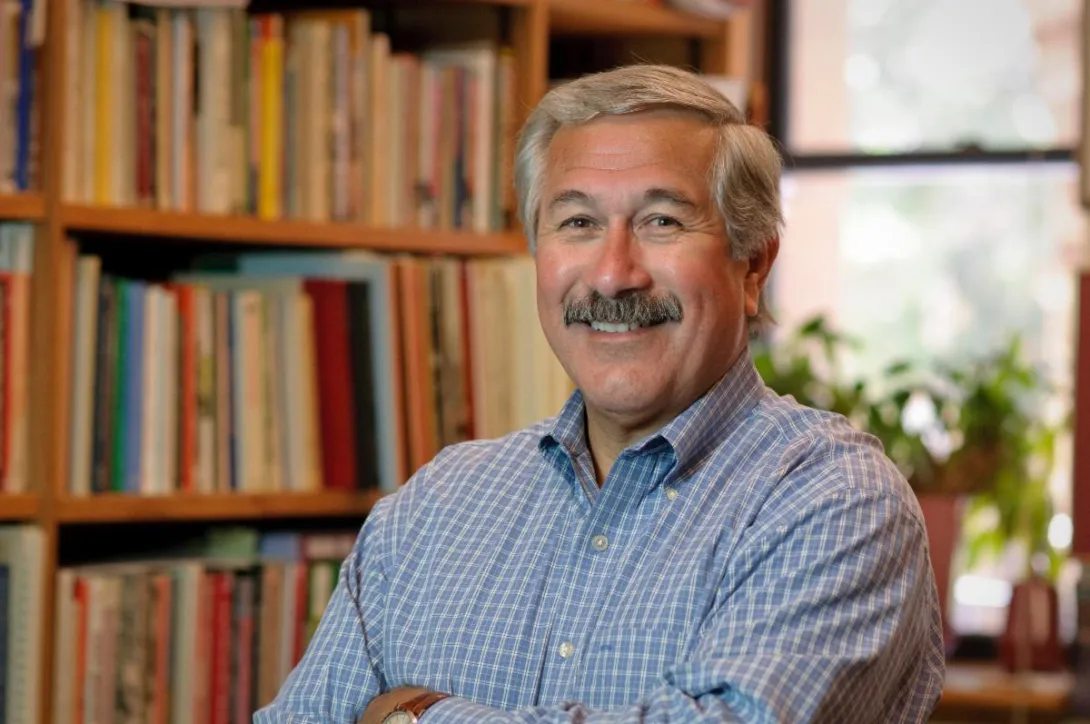
Dr. Albert Camarillo - A member of the Stanford University History Department since 1975, Camarillo is widely regarded as one of the founding scholars of the field of Mexican American history and Chicano Studies. He was born and raised in the South Central Los Angeles community of Compton where he attended the Compton public schools before entering the University of California at Los Angeles as a freshman in 1966. He continued his education at UCLA in the Ph.D. program in U.S. History where he received his doctorate in 1975 and where his dissertation was nominated that year as one of the best Ph.D. theses in the nation in American history.
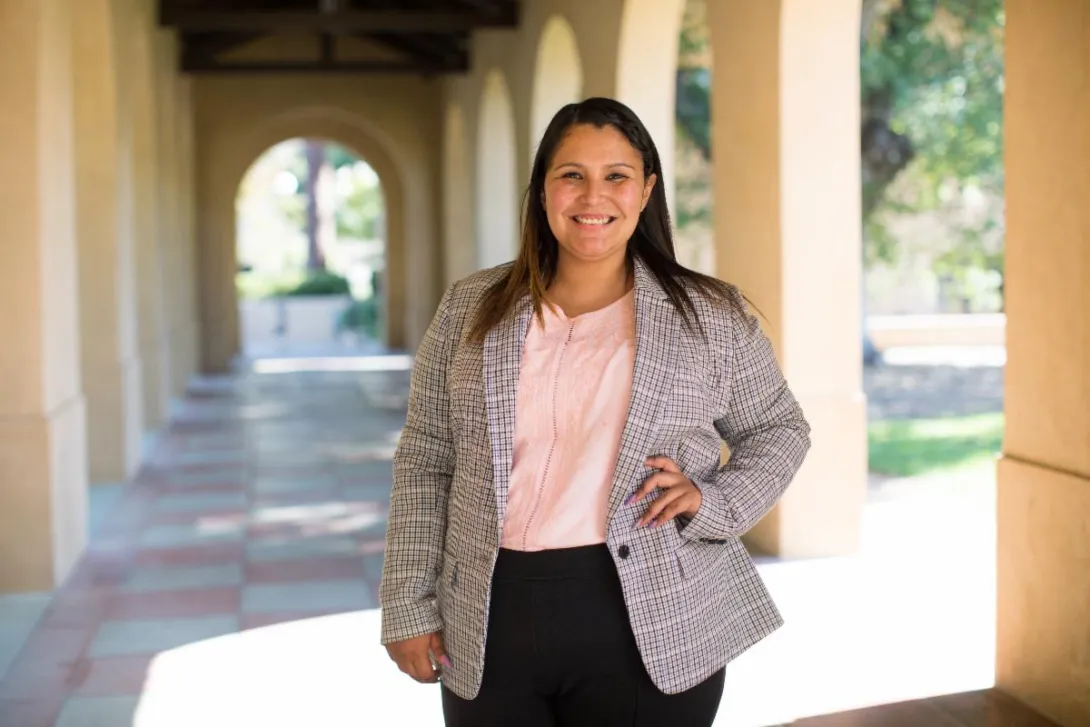
Irene Castillon, MA ’10 (STEP), is currently collaborating with Albert Camarillo, professor of history at Stanford, to plan an online portal where teachers will be able to access Mexican-American history curricula. She is also academic dean and a teacher of Mexican-American history at the Luis Valdez Leadership Academy in east San Jose, a charter school managed by the Foundation for Hispanic Education.
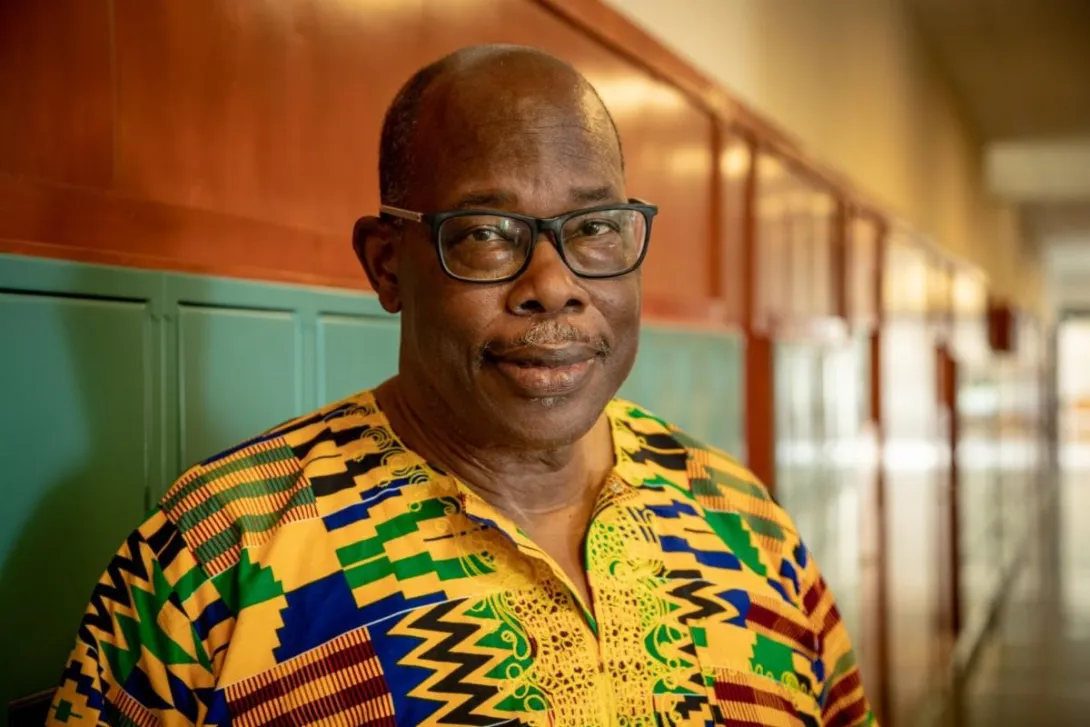
Tony Green has been a social studies teacher at Bishop O’Dowd High School for 30 years. As a coach and Black Student Union (BSU) moderator, he has impacted thousands of students.
Thursday, October 10th, 9:00am - 3:00pm PT (In-Person)
Professional Development & Training w/ Khepera Curriculum Group & Keynote Speaker
Register Here
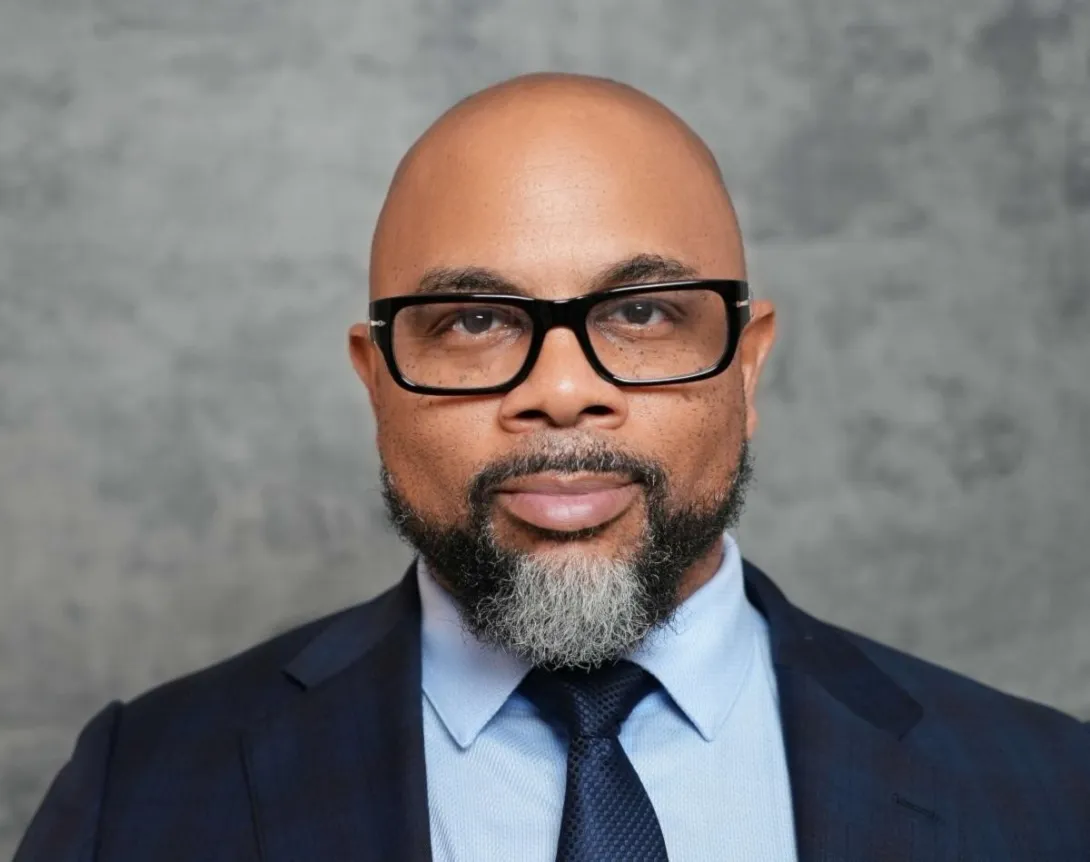
Workshop W/ Baayan Bakari
Baayan Bakari is the executive director of the Khepera Curriculum Group which designs curriculum for over 100 schools nationally. He has been a thought leader in the fields of education, entrepreneurship and the arts. He has worked in professional development training, youth development and culturally relevant curriculum for over 25 years. He first received national recognition when he won the Echoing Green Global Fellow for Civil & Human Rights Award in 1997 for social entrepreneurship in education. He’s been the chief executive of a tech start up, sat on boards of non-profits and has co-founded a successful educational consultant organization. He is also an award winning independent filmmaker. All of these skills and experiences allow him to be able to synthesize big ideas into real world practical action.
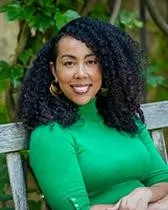
Keynote Speaker
Dr. kiana miraya ross is an assistant professor of African American Studies. Her program of research draws on critical ethnographic and participatory design methodologies to examine the multiplicity of ways that antiblackness is lived by Black students in what she calls the afterlife of school segregation, a framework that illuminates the ways in which despite the end of legal segregation of schooling, Black students remain systematically dehumanized and positioned as uneducable.
Friday, October 11th 9:00am - 3:00pm PT (In-Person)
Professional Development & Training w. Khepera Curriculum Group & Keynote Speaker
Register Here
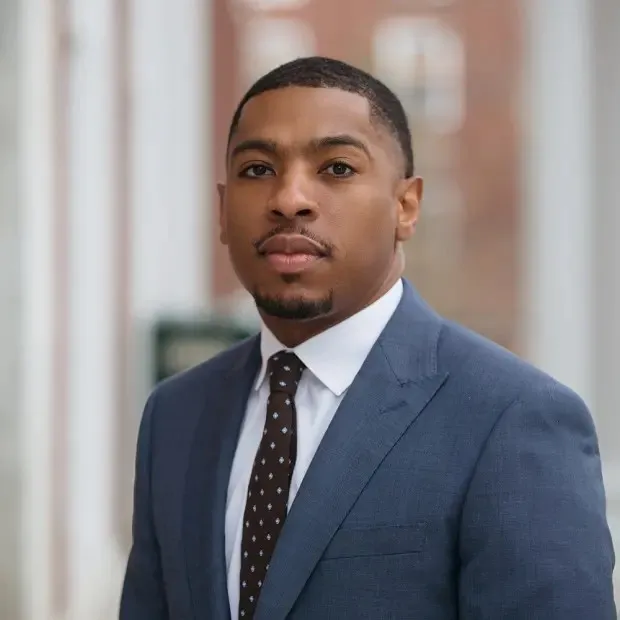
Keynote Speaker
Dr. Jarvis Givens is a professor at the Harvard Graduate School of Education and a faculty affiliate in the department of African and African American Studies at Harvard University. He studies the history of American education, African American history, and the relationship between race and power in schools. His first book, Fugitive Pedagogy: Carter G. Woodson and the Art of Black Teaching, was published by Harvard University Press in 2021.
Get news from RILE in your inbox.
To learn more about the RILE annual conference,
contact John Baker at rile_conference@stanford.edu.
[view:events_past=block_1]
